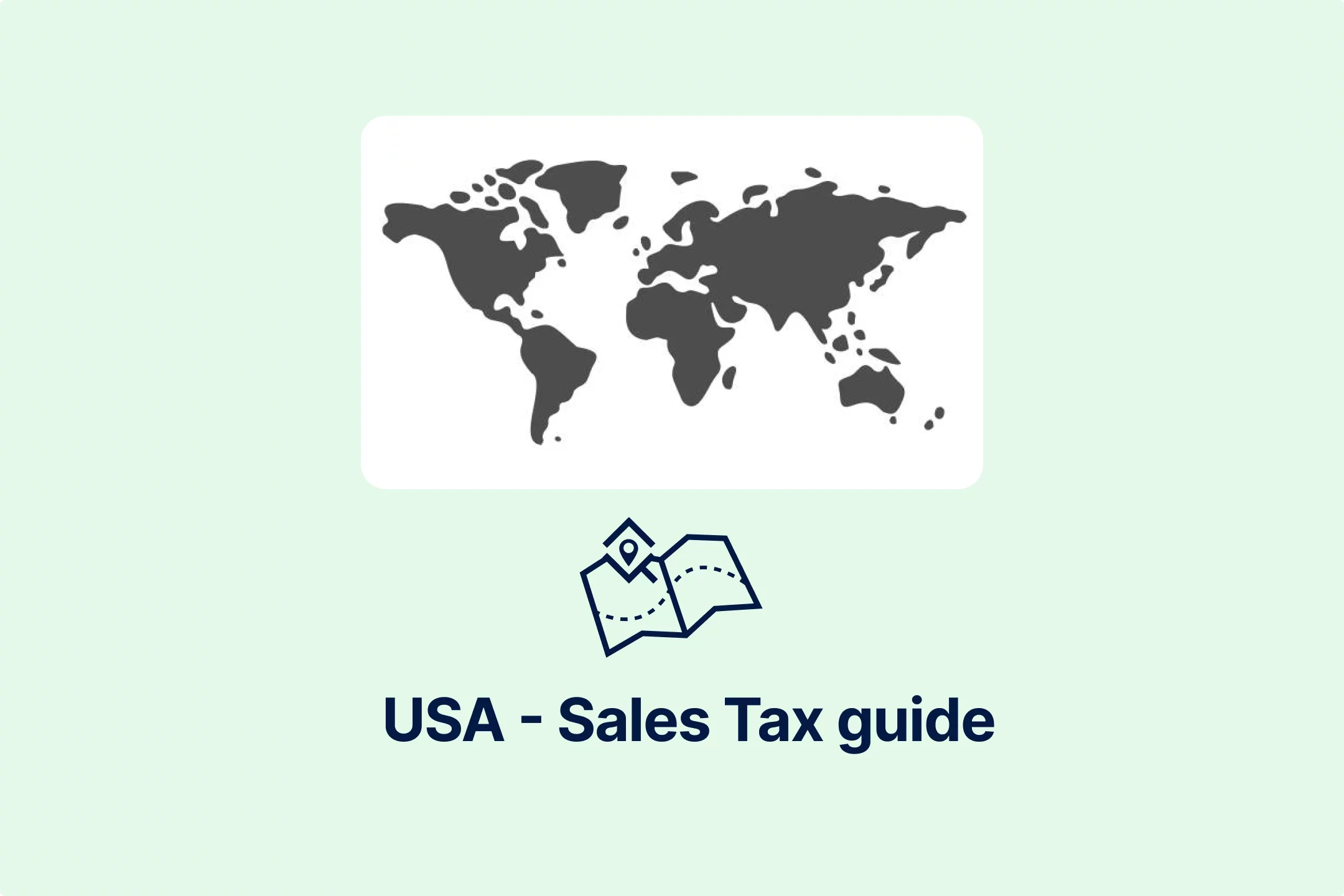Minnesota Clarifies Sales Tax Rules for NFTs and Digital Products

The Minnesota Department of Revenue (DOR) has updated its guidelines on how sales and use tax applies to digital products, primarily to virtual currencies, NFTs, and webinars. More specifically, the guidelines clarify which digital products are taxable and which are exempt, as well as how sales are sourced for tax purposes.
Taxation of Digital Products
Under the updated guidelines, Minnesota's DOR underlined that digital products are items transferred electronically, such as downloads, streams, or emailed files, rather than through physical media. However, the DOR highlighted that prewritten computer software remains taxable as tangible personal property regardless of how it is delivered.
Transactions relating to virtual currencies are generally not taxable. However, when virtual currencies are used to buy taxable goods or services, tax must be paid on the value exchanged. Regarding NFTs, the DOR clarified that they are subject to sales and use tax if the underlying product, whether goods or services, is taxable in Minnesota.
Additionally, the DOR provided clarification on the tax treatment of pre-recorded webinars, stating that they are taxable unless they meet specific conditions. These conditions include being accessed electronically, allowing real-time interaction between participants and the presenter, and, if available alongside an in-person event, maintaining the same interaction conditions for both formats. Furthermore, the in-person admission is non-taxable. For webinars to be tax-exempt, all of these conditions must be met.
Besides taxability rules for virtual currency, NFTs, and webinars, the guidelines also confirm that most digital products, including specified digital products, other digital products, and digital codes, are taxable. Furthermore, DOR also provided examples of non-taxable digital products, such as access to digital news articles, as well as transactions relating to charts and graphs, including PDFs, digital photos, drawings, logos, and designs.
Conclusion
The clarification of applicable sales and use tax rules for virtual currencies, NFTs, webinars, and other digital products ensures consistent tax treatment and fairness in tax administration, while reducing uncertainty for businesses and consumers. Moreover, the new interpretations and rules aim to strike a balance between emerging digital assets and established tax practices, which is not always an easy task.
Businesses engaged in transactions related to digital products should carefully examine how these rules affect their day-to-day business operations and determine whether their sales are exempt or they must be charged, collected, and remitted tax.
Source: Minnesota Department of Revenue

Featured Insights

Burkina Faso FEC E-Invoicing Mandatory July 2026
🕝 February 24, 2026More News from United States
Get real-time updates and developments from around the world, keeping you informed and prepared.
-e9lcpxl5nq.webp)






-fd4vrjrcmo.webp)











-qoqtiao7l2.webp)





-o0xyg5unvs.webp)










-sug7vykj81.webp)
















-pofe7ucwz3.webp)









-de8hdb1bn3.webp)








-xbhr0m4jsb.webp)


-ae6fi6cjox.webp)














-b0fpsws1w1.webp)





















-x78wuofpzj.webp)
















-b44f1vjl1i.webp)

-priw8nq5xc.webp)


.png)

.png)






























